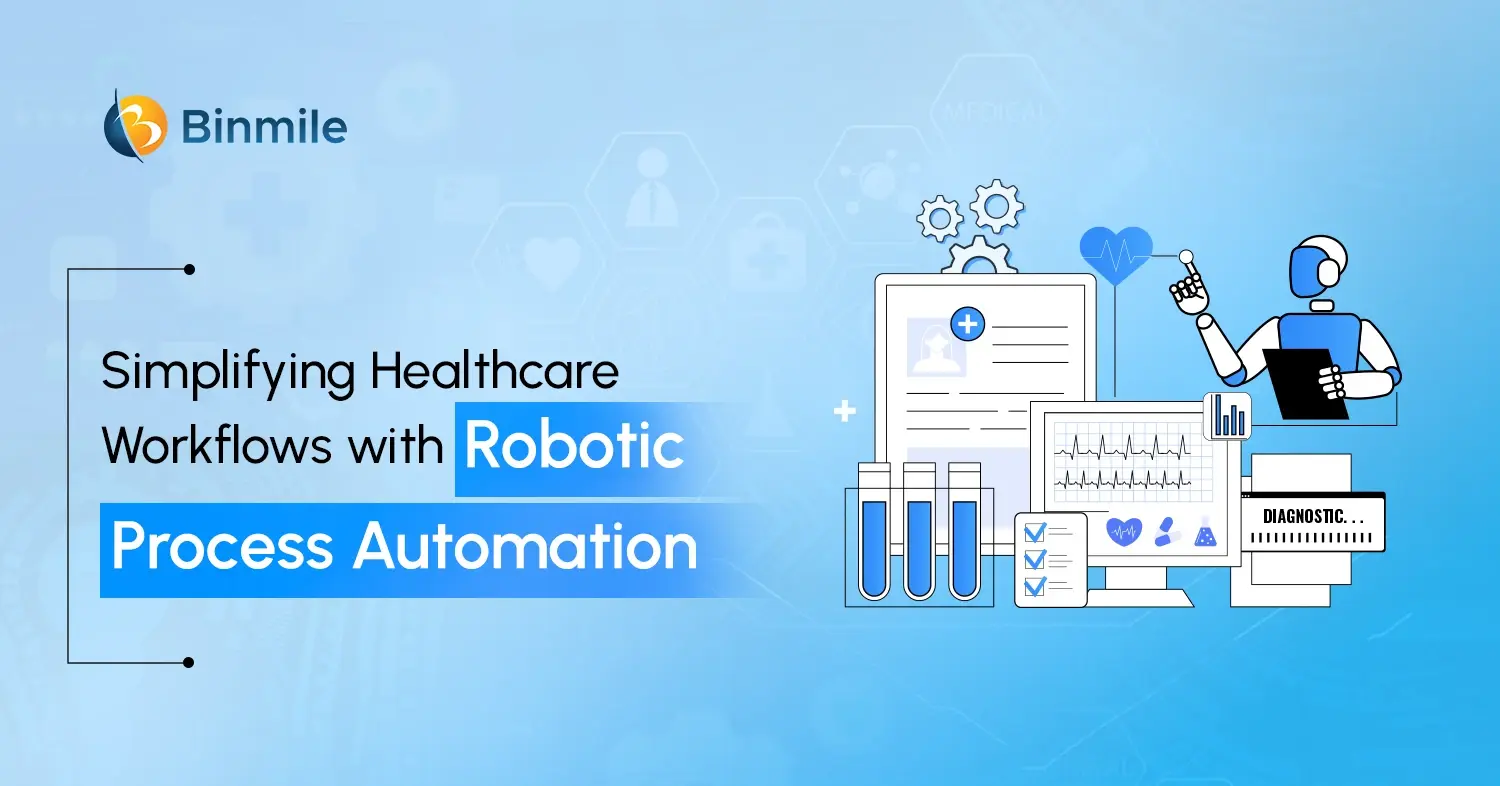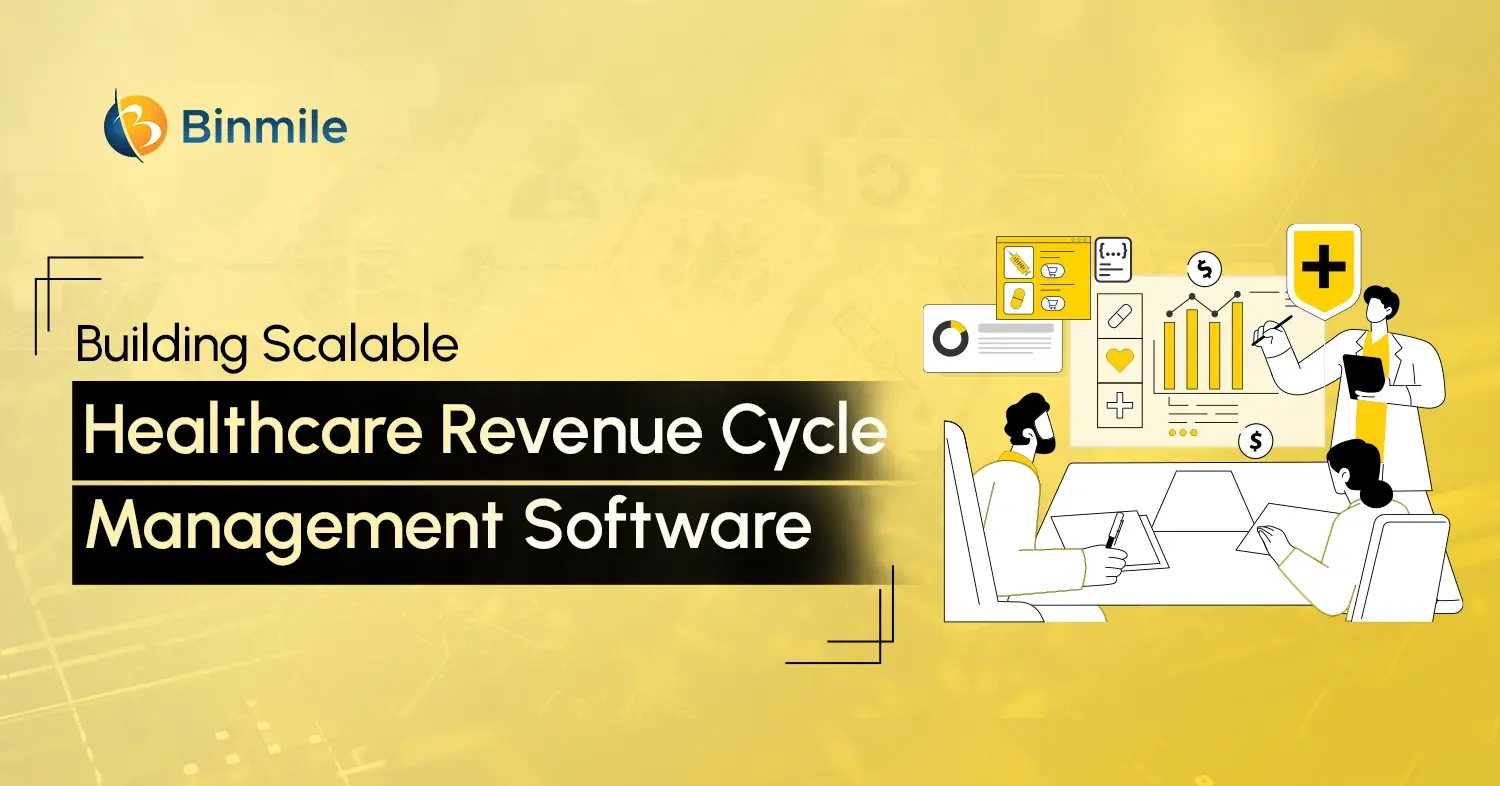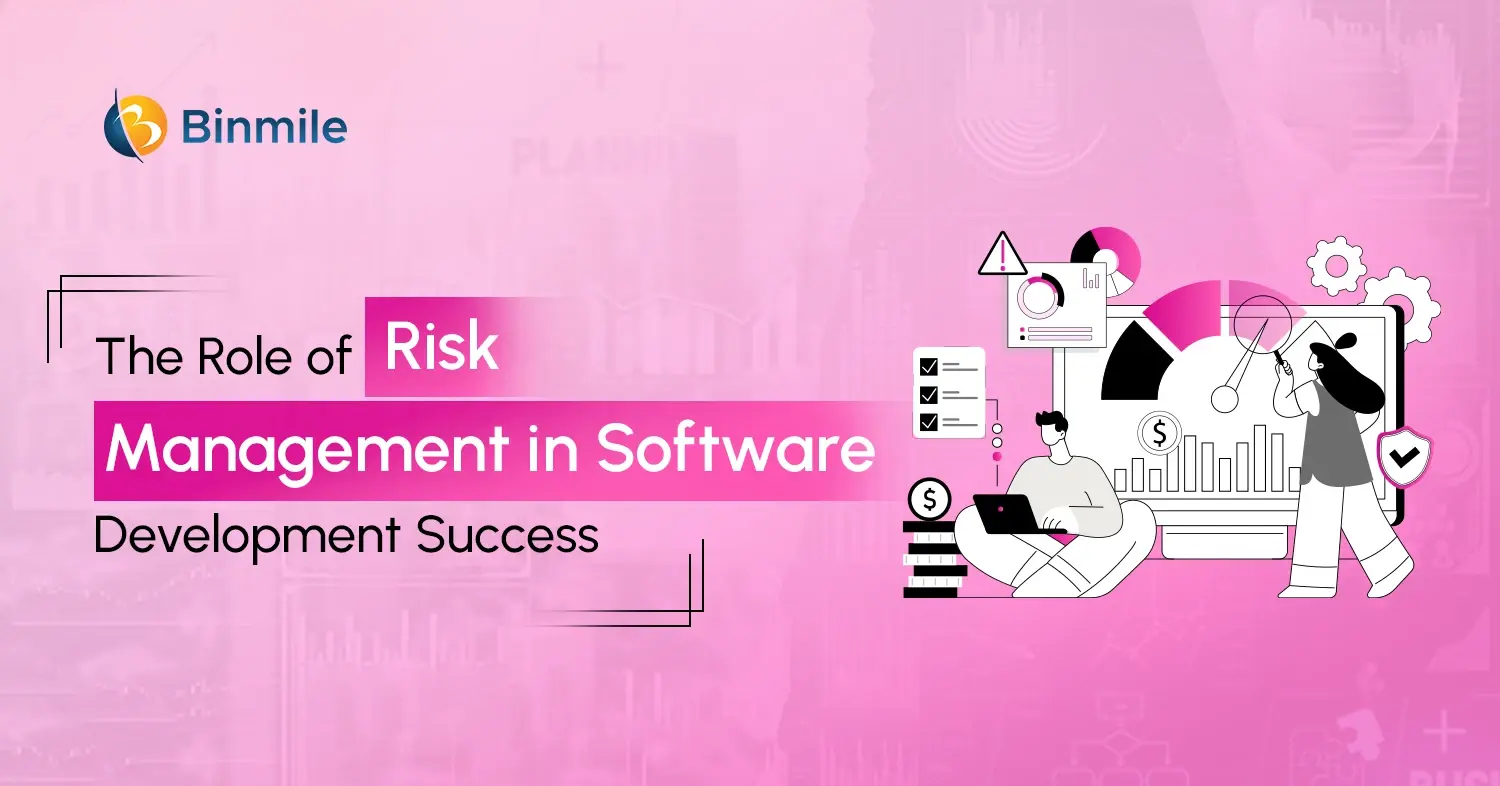With the advent of green tech innovation and advancements have changed modern farming and agricultural operations. From robots, temperature and moisture sensors, and GPS genetic engineering to drone technology are not only increasing agricultural efficiency but they’re doing more. Modern techno-driven farming practices reduce the loss of natural resources, let farmers monitor all stages of farming, minimize waste, and reduce physical labor. One such trend has been utilizing drone technology in agriculture by keeping watch for potential problems and helping optimize field management.
As we all know drones can deliver more expansive, aerial, and higher-resolution imagery for more detailed data gathering. This data can help farmers or agribusiness owners to keep track or monitor a wide range of tasks in farming including crop mapping, soil analysis, irrigation, and pest management. So, let’s understand the benefits of drone technology in agriculture sector. Also, we’ll explore the challenges that may be holding farmers back from adopting this technology.
Revolutionary Use Cases of Drone Technology in Agriculture: An Overview
Do you know that experts predict that the use of drones in farming is expected to grow at an impressive rate, with a CAGR of 38.5%, and reach a value of $121.43 million by 2030? What does this technology have to do with the agricultural sector? The incorporation of drone technology in agriculture can drive a transformative shift from traditional tasks that were once done by labor to creating a digital record of the project or farm field. These functions include:
- Land imaging
- Surveying topography and boundaries
- Soil monitoring
- Livestock movement and counting
- Irrigation monitoring
- Spraying needs
- Collecting soil and water samples
- Troubleshooting
Read This: Role of Software for Drone Delivery Operation
Future of Farming: Drone Technology in Agriculture For Smart Farm Management Systems

Some of the major benefits of using drones are cost savings, safety improvements, and data accuracy. But there are more such advantages, so let’s discover how drone services can revolutionize the agricultural sector:
#1 Advanced Precision Farming
Precision farming refers to the science of enhancing crop yields and assisting management decisions using high-technology sensor and analysis tools. When drones are used for precision farming especially UAVs with specialized sensors and cameras can capture high-resolution images of crops. These images help farmers monitor crop health, and detect pests, diseases, and nutrient deficiencies. So, when they analyze them, farmers can apply fertilizers, pesticides, and water to where it’s needed the most, thus optimizing resources and maximizing yields.
#2 Enhanced Crop Monitoring and Management
Leveraging drone technology in agriculture enables farmers to keep track of crop growth and development throughout the season. With regular aerial surveys, they can monitor even slight changes in vegetation, identify areas of stress, and make timely interventions. This real-time data lets them proactively adjust irrigation schedules or address emerging issues before they can create bigger problems or losses.
#3 Optimizing Agriculture with Mapping & Planning
Hybrid drone and satellite mapping for smart agriculture as drone devices equipped with GPS technology can create detailed maps of farmland, including elevation, soil composition, and drainage patterns. These images create more accurate images than a satellite or aerial survey would be able to create. Utilizing them, farmers can get valuable insights for land management, and many other things from their harvests to their fertilization schedules, eventually enabling them to achieve higher yields through proper crop rotation.
#4 Real-Time Livestock Management
Leveraging drones with thermal imaging cameras to monitor livestock behavior, assess herd movement patterns, locate lost cattle, and detect sick or injured animals. Tracking your farm cattle with drones is also safer for your employees and allows you to reduce labor costs. Additionally, drones equipped with high-resolution cameras can determine forage utilization by cattle across entire pastures, saving time by eliminating the need for ground-based pasture inspections. With the accumulated data, farmers can perform proactive management strategies, enhance animal welfare, and optimize grazing practices.
#5 Efficient Crop Spraying Solutions
Agricultural drones equipped with spraying equipment precisely apply fertilizers, herbicides, and pesticides to crops. Compared to traditional ground-based spraying methods, drone spraying offers several advantages, including reduced chemical use, minimized soil compaction, and the ability to access challenging terrain. Aside from aerial spraying, seeding, watering, and surveying, agricultural drones can also be used for the treatment of weeds, pests, and even crop diseases. Additionally, drones can navigate fields autonomously, saving time and labor costs for farmers.
#6 Smart Weather & Environmental Monitoring
High-tech aerial surveying agriculture drones equipped with advanced sensors, such as RGB and multispectral sensors can collect real-time atmospheric data, including temperature, humidity, wind speed, and precipitation. Doing so, helps farmers monitor weather patterns, anticipate changes in environmental conditions, identify any issues with the crops, and notify them for immediate action before damage occurs due to droughts, frosts, or storms. By integrating weather data with crop management practices, farmers can optimize planting schedules, irrigation plans, and harvesting operations.
#7 Risk Assessment and Yield Estimation
Analyzing aerial imagery and data collected throughout the growing season empowers farmers to generate accurate yield estimates for different crop varieties and field areas. These yield maps enable farmers to assess crop performance, identify factors influencing productivity, and make informed decisions for future seasons. Additionally, by combining yield data with historical trends and predictive analytics, drones facilitate crop yield forecasting, aiding in risk management and helping them be the top-growing industry in the market.
Keep Reading: AI and Radar Integration for Detection
Looking for crop intelligence systems and solutions to maximize yield, improve planning and boost the bottom line? Get in touch with us!
Future Outlook: What’s Next for Drone Technology in Agriculture
We’ve so far seen transformative benefits of drones in farming practices and management, yet it also comes with its share of challenges. Concerns like initial investment costs, data, and regulatory compliances, with issues related to limited battery life are among the few hurdles that may stop farmers hesitant to adopt this technology.
However, the potential advantages that drones can bring outweigh the challenges. Farmers or agribusiness owners can partner with experienced service providers, adopt leasing options, and follow effective data management systems, along with careful weather monitoring will lead to successful integration. Thus, despite the challenges, farmers and agribusiness owners should adopt a strategic approach to harness the potential of drones to revolutionize their farming practices and increase efficiency, sustainability, and profitability.
Also Read: Top Growing Industry in the Market
Closing Statement
There’s no doubt technological advancements, especially innovative developments in AI for farming practices have helped in increasing agricultural efficiency and reducing the loss of natural resources. Consequently, farmers are gaining more profits and can increase their productivity of yield. One such advancement is drone technology in agriculture which is enabling farmers or agri-tech businesses to overcome various operational challenges such as financing, supplies, and crop productivity. However, there are some downsides to leveraging this technology like the cost of technology or the skills it requires users to learn but the advantages outweigh the challenges.
In this blog, we explored how drones have the potential to redefine the way farmers or agri-business owners can completely change modern farming and agricultural operations. If you would like to know more about how drone technology in the agriculture sector is set to transform the way that farmers manage their crops and improve their yields, consult one of the top AI development companies today!









